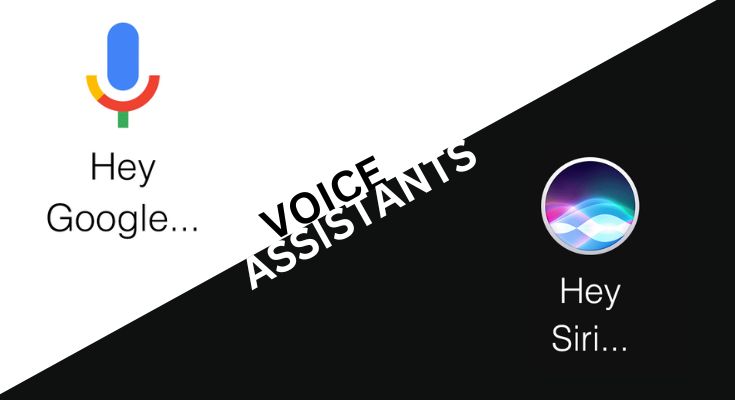Artificial intelligence (AI) is no longer a futuristic fantasy; it’s rapidly becoming woven into the fabric of our daily lives. From powering personalized recommendations on streaming services to driving advancements in medical diagnostics, AI’s influence is undeniable.
This blog post explores the latest breakthroughs in AI, its expanding applications across industries, and the increasingly important ethical considerations that accompany this technological revolution.
Recent AI Breakthroughs: Pushing the Boundaries
The field of AI is constantly evolving, with new models and algorithms emerging at an astonishing pace. Here are some recent groundbreaking developments:
- Large Language Models (LLMs): Models like GPT-4 and Bard have demonstrated remarkable abilities in generating human-like text, translating languages, writing different kinds of creative content, and answering your questions in an informative way. They are revolutionizing natural language processing and enabling more sophisticated chatbots and virtual assistants.
- Generative AI: Beyond text, generative AI models can create realistic images, videos, and even music. These advancements have applications in art, entertainment, and design, but also raise concerns about misinformation and copyright.
- AI-powered Drug Discovery: AI is accelerating the development of new drugs and therapies by analyzing vast datasets of biological information and predicting the efficacy of potential treatments. This has the potential to revolutionize medicine and improve human health.
- Reinforcement Learning: This type of AI allows agents to learn through trial and error, making it suitable for complex tasks like robotics and autonomous driving. Recent advancements have led to more robust and adaptable AI systems.
AI Applications Across Industries: Transforming the Landscape
AI is being deployed across a wide range of industries, transforming how businesses operate and delivering new value to customers:
- Healthcare: AI is used for disease diagnosis, personalized medicine, drug discovery, and patient care.
- Finance: AI powers fraud detection, risk management, and algorithmic trading.
- Manufacturing: AI optimizes production processes, predicts equipment failures, and improves quality control.
- Retail: AI personalizes product recommendations, manages inventory, and enhances customer service.
- Transportation: AI is driving the development of self-driving cars and optimizing traffic flow.
The Ethical Dilemma: Navigating the Uncharted Territory
While the potential benefits of AI are immense, its rapid development raises profound ethical concerns:
- Job Displacement: As AI automates tasks previously performed by humans, there are concerns about widespread job displacement and the need for retraining and upskilling initiatives.
- Bias and Fairness: AI algorithms can perpetuate and amplify existing biases in data, leading to unfair or discriminatory outcomes. Ensuring fairness and equity in AI systems is crucial.
- Privacy and Surveillance: AI-powered surveillance technologies raise concerns about privacy violations and the potential for misuse of personal data.
- Misinformation and Manipulation: Generative AI can be used to create deepfakes and spread misinformation, eroding trust in information sources.
- Autonomous Weapons: The development of autonomous weapons systems raises serious ethical questions about accountability and the potential for unintended consequences.

The Path Forward: Responsible AI Development
Addressing these ethical challenges requires a multi-faceted approach involving researchers, policymakers, and the public:
- Developing Ethical Guidelines and Regulations: Establishing clear guidelines and regulations for AI development and deployment is essential to ensure responsible use.
- Promoting Transparency and Explainability: Understanding how AI systems make decisions is crucial for building trust and accountability.
- Investing in Education and Training: Preparing the workforce for the changing job market and equipping individuals with the skills needed to work alongside AI is essential.
- Fostering Public Dialogue: Open and inclusive discussions about the ethical implications of AI are necessary to ensure that its development benefits society as a whole.
Conclusion: Embracing the Potential, Mitigating the Risks
AI has the potential to revolutionize our world in countless positive ways. However, it’s crucial to acknowledge and address the ethical challenges that accompany this powerful technology. By prioritizing responsible AI development, fostering transparency, and engaging in open dialogue, we can harness the benefits of AI while mitigating its risks and ensuring a future where AI serves humanity.









